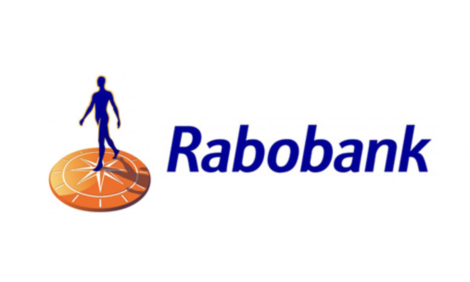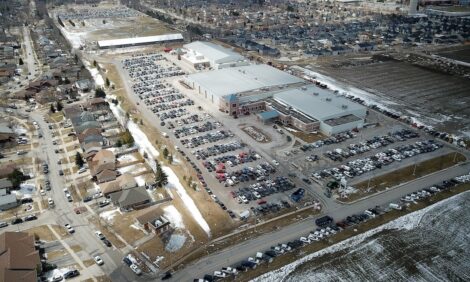



After the Storm: Haiti’s Mobile Vets Help Restore Livelihood
HAITI - Since Hurricane Matthew hit Haiti in October last year, the number of people facing hunger and food insecurity in the most affected areas has steadily declined thanks to the enormous humanitarian response.However, in areas where the storm's effects were coupled with three years of drought and severe flooding, the most-recent survey shows food insecurity remains high. For this reason, the continuing response is focusing on helping these hurricane-affected families to rebuild their livelihoods.
As part of this effort, the UN Food and Agriculture Organization (FAO) is running mobile veterinary clinics to protect the livestock of vulnerable families, benefitting more than 12,000 people.
In a field in Torbeck, southern Haiti, small herds of cows are grouped under shady trees while their owners, men and women from the local area, wait their turn to speak with the visiting vets.
Farmer Joril Gilles is one of them. Like many in the south, he is still struggling to get back on his feet.
"Hurricane Mathew took five of my cows, as well as sheep and goats, not to mention all the fodder that I lost," the 50 year old said. "This is the first time that I've received this type of assistance that will improve the health of my animals - veterinary care is usually very costly."
Today's clinic is the first in the area since the hurricane. The men and women farmers are hoping their animals will soon be strong and productive again. Two FAO vets and about 15 veterinary officers are preparing for the busy day by unpacking their equipment including ropes, sprayers, gloves, syringes, and treatments in glass and plastic bottles.
Thousands of livestock died in the hurricane and those that survived are often sick. Haiti has very few public veterinarians ‒ about 40 in total ‒ and they are not equipped to save all the animals in need.
Juceline Philippe Beauvoir is president of the community's Milk Producers Association of Torbeck. "Those animals that survived are malnourished due to the drought, lack of feed and the high cost or unavailability of veterinary supplies," she said.
FAO's mobile vet teams travel to affected communities to conduct animal health and nutrition assessments and to provide treatment when needed. The teams also teach local veterinary assistants how to administer treatments and multivitamins to ensure the animals stay healthy.
The clinics are run in coordination with local authorities and with financial contributions from Belgium and the European Commission. Around 2,500 of the poorest farming families are being assisted under the project.
One of the FAO vets, Destines Plonquet, is Haitian and speaks with the farmers while also translating for his Spanish-speaking colleague Pedro Diaz Rodriguez. The vet officers who are supporting the vets are from the community and have been trained by FAO. This knowledge-sharing at the local level helps ensure sustainable, affordable animal health care into the future.
Access to veterinary services is key for healthier animals - the main source of food and income for farmers in the area. At the clinic, each farmer has the opportunity to seek treatment for their animals, and to discuss ongoing care.
In the weeks after the mobile clinic visit, farmers report that their animals are doing better and milk production has increased.
"I am pleased with the support," Joril says before he leads his cows back home.
TheCattleSite News Desk


